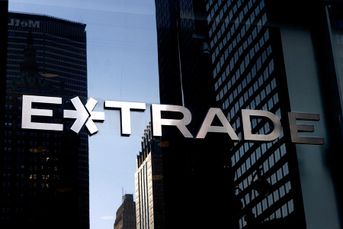Low expenses the biggest trend in the fund industry, experts say

Smart beta may be the most popular new strategy for mutual fund companies, but the real trend is towards funds with lower expenses.
Smart beta may be the most popular new strategy for mutual fund companies, but the real trend is towards funds with lower expenses.
Speaking at the 2016 Thomson Reuters Lipper Alpha Forum Tuesday in New York, a panel of three industry experts saw smart beta — essentially rules-based index funds — as the one new trend for 2016. But the low fees were the focus of all three panelists. The panel was moderated by InvestmentNews’ senior columnist Jeff Benjamin.
The panel agreed with what Vanguard has been saying for decades: Costs matter. “We study cash flow carefully, and what’s been lost in the debate between active and passive is context,” said Francis Kinniry, principal at Vanguard’s Investment Strategy Group. “It’s the funds in the lowest quartile for cost that are capturing assets.”
Why the interest in smart beta? In part, because the trend represents a fusion of active, index and low-cost management, fund panelists said. Many smart beta funds combine various investing rules used by active managers with index funds at a low cost. “A recent study I read said that 70% of fund performance is due to factor exposure,” said Mark Carver, vice president of AQR Capital Management. “Some can be indexed, and we can get low-cost exposure to those.”
An instant poll of the crowd of industry executives showed that 59% felt that smart beta was a bigger threat to actively managed funds than indexed funds.
Nevertheless, few were willing to say that actively managed funds would go the way of the brontosaurus. For example, Vanguard runs more than $1 trillion in actively managed funds, Mr. Kinniry said. And Tim Gaumer, global director of fundamental research at Thomson Reuters, said that there will always be a certain percentage of investors who assume they can beat the market and look for managers they think can do that.
Not all of the panelists were enthusiastic about smart beta. Mr. Kinniry reiterated Vanguard’s long-held distaste for smart beta, saying that funds that tilt towards growth or value are simply bets on growth or value, and that both approaches go in and out of style on Wall Street, with predictable results for investors. “Funds that take a rules-based, mechanical approach have found that the Vanguard Total Stock Market fund has been very difficult to beat,” he said.
Learn more about reprints and licensing for this article.








